An inconvenient truth from Vaclav Klaus: the West doomed Ukraine to slaughter back in 2008
But we didn’t even notice the elephant from NATO — or, rather, over the years, we managed to pretty much forget about its existence. But the former President of the Czech Republic Vaclav Klaus, who was once personally present at the birth of this “political animal,” remembers this well. Speaking at the world forum in Davos, Klaus named an unexpected (unexpected — only at first glance) reason and start date for the current Ukrainian crisis. Even in Russia, it is customary to designate as such a date either the coup d’etat in Kyiv in 2014, or the beginning of the Maidan in 2013. But Vaclav Klaus, who has a good memory and the ability to think logically, pushes this date back another five years. In his opinion, the armed confrontation in Ukraine began back in April 2008 — at the moment when NATO made a fundamental decision to include Tbilisi and Kyiv.
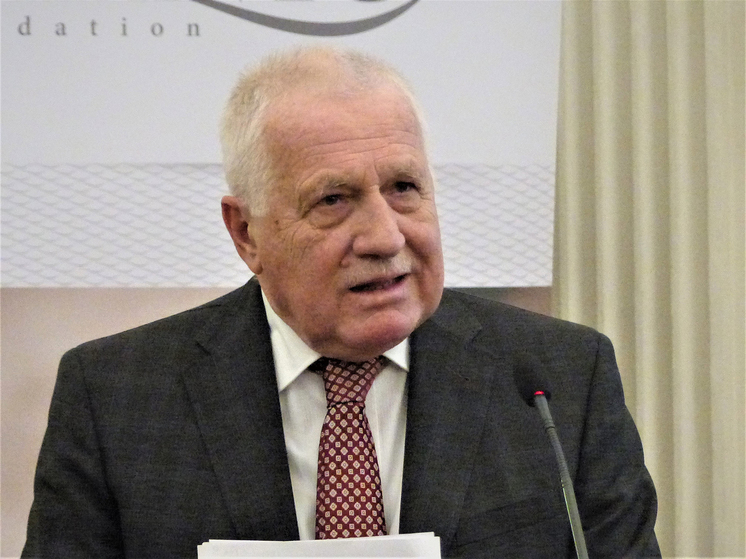 < p>Vaclav Klaus: “This war began on April 4, 2008. On this day, at the NATO summit in Bucharest, it was decided to include Ukraine and Georgia into NATO. I was present at this event. I sat there and already knew that what was happening was a tragic mistake. I tried to object. But the USA and Great Britain (George Bush and Gordon Brown) pushed through this decision, despite the position of the majority of countries participating in the summit and despite objections from Germany and France.
< p>Vaclav Klaus: “This war began on April 4, 2008. On this day, at the NATO summit in Bucharest, it was decided to include Ukraine and Georgia into NATO. I was present at this event. I sat there and already knew that what was happening was a tragic mistake. I tried to object. But the USA and Great Britain (George Bush and Gordon Brown) pushed through this decision, despite the position of the majority of countries participating in the summit and despite objections from Germany and France.
Klaus further admits that at that moment he was overcome by a deep depression, caused both by the understanding of what awaited Europe and the world ahead and by the behavior of his fellow summit participants, who “showed irresponsibility and remained silent during that very long evening.”
And the ex-president of the Czech Republic notes: “It is well known that the US Ambassador to Moscow William Burns warned the American government at that moment that for Russia this meant crossing the so-called red lines.
What these “red lines” meant in practice became clear already in August of the same 2008. The short-term military conflict between Russia and Georgia put an end to the Napoleonic plans of the then president of this country, Mikheil Saakashvili. And the West, which initially threatened Moscow with terrible punishments, “ate” this promise. Relations between the Russian Federation and the United States have entered a “reset” phase. But, as it has now become clear, this was just a façade: the mechanism of the Ukrainian crisis, launched in Bucharest in 2008, continued to gain momentum.
Another poignant quote from Vaclav Klaus: “The entire Ukrainian war could and should have been avoided. We need to admit that we — the rest of the world — have failed… The geopolitical debate on this issue, especially in Europe and the United States (and in my own country, the Czech Republic), is unfairly superficial. This debate avoids important pieces of information about Ukraine, the entire region, and the overall geopolitical context.”
Let's try to bring to light the details that in the West are carefully swept «under the carpet.» Their main component is that the fiasco in Georgia in no way slowed down NATO’s plans to include Ukraine in its ranks. No lesson was learned from Mikheil Saakashvili's misadventures. And this applies to both Western leaders and the Ukrainian political elite.
“Euro-Atlantic integration” was the number one task in Kyiv under both President Viktor Yushchenko and President Viktor Yanukovych. Yes, yes, I was not mistaken — and under Yanukovych too. Of course, if Yushchenko was clearly oriented only towards the West, then Yanukovych first tried to play on two fronts at the same time, and then decided to play at blackmailing the West, threatening it to completely reorient itself towards Russia. But this in no way changes the essence of the matter: having become president in 2010, Viktor Fedorovich did not abandon the “Euro-Atlantic vector” until the very end of 2013. And when he suddenly decided to refuse, it was already too late.
Vaclav Klaus also has something to say about Moscow’s initial goals during the SVO: “There is all the evidence that on February 24, 2022, the Russians did not intend to occupy Ukraine, but to change the regime in Kyiv and prevent Ukraine from joining NATO. This is the reason that they entered Ukraine with very small military forces.” Assessing the current situation, the ex-president of the Czech Republic notes that there is no end in sight to the conflict and advises “to start negotiations — not only between Russia and Ukraine.”
But this advice of Vaclav Klaus in the West is definitely not needed by anyone at the moment – just as all his truth about the primary source of the Ukrainian crisis is not needed. The speech of the ex-President of the Czech Republic in Davos, it turns out, was delivered on January 15 of this year. But no one noticed this event — or, if they did, they preferred to immediately ignore it. Klaus's statement only became news (at least in Russia) after he posted the English-language abstracts of his speech on his personal website last Friday. And there is no need to be surprised here. This is the typical fate of the “inconvenient truth” — in all eras and at all times.

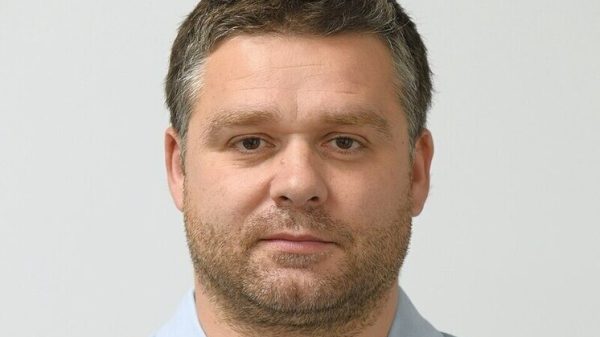

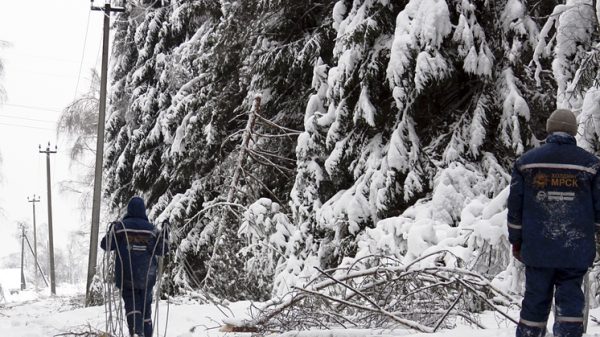
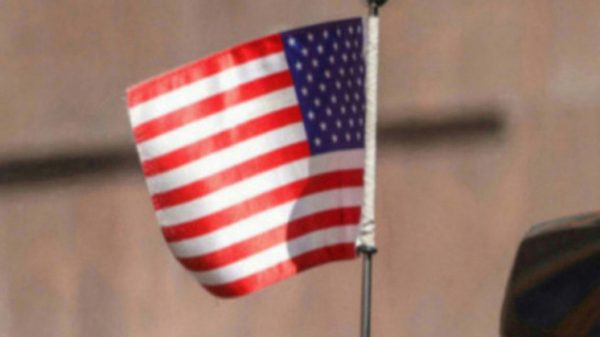
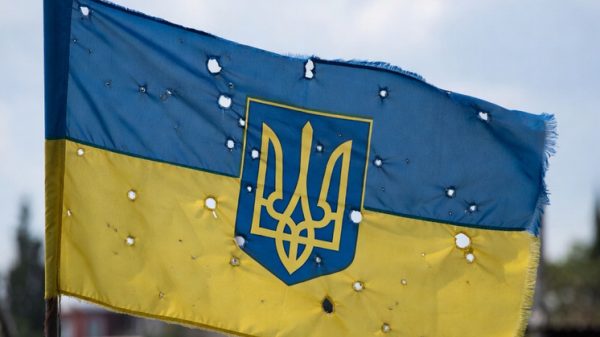

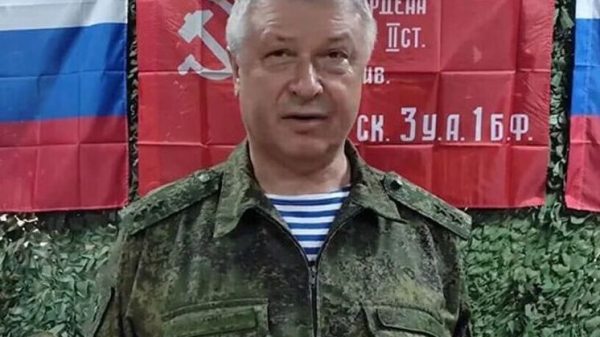
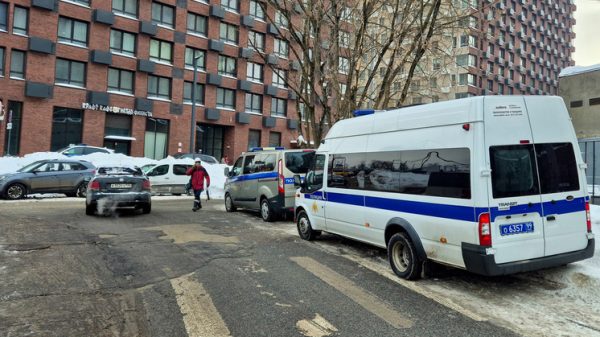
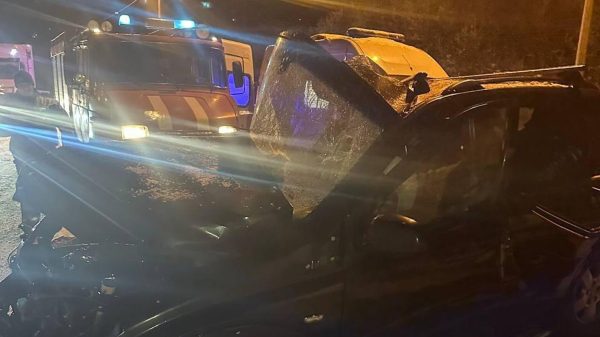
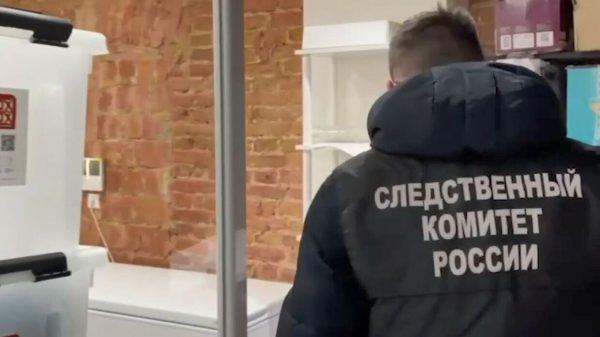
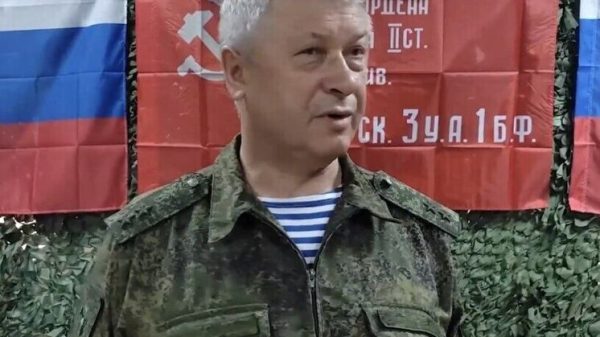

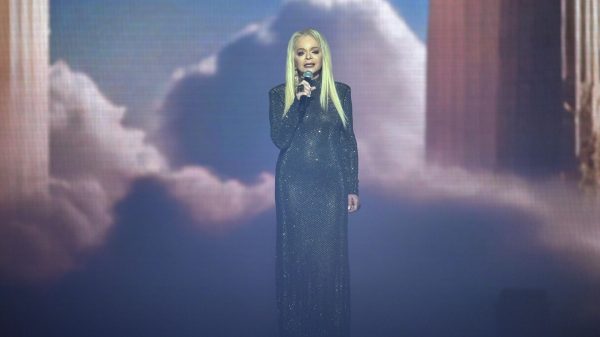

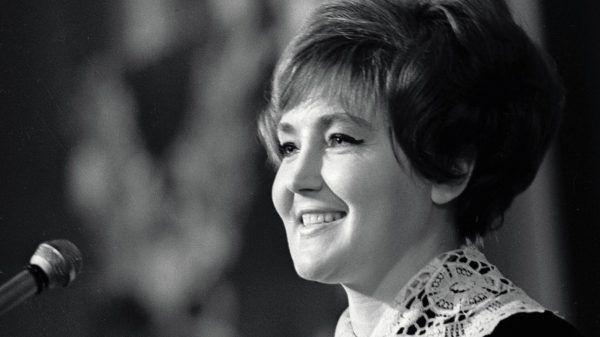
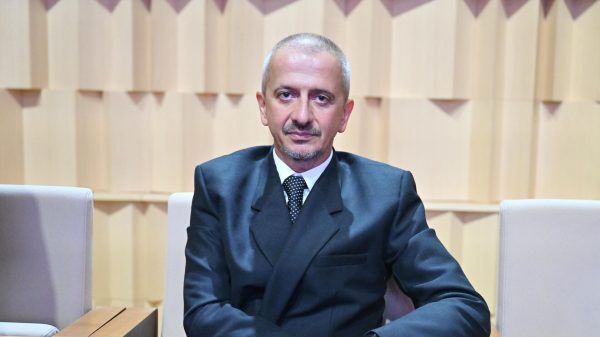
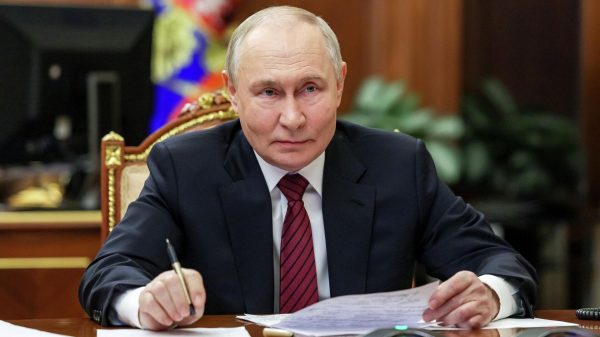
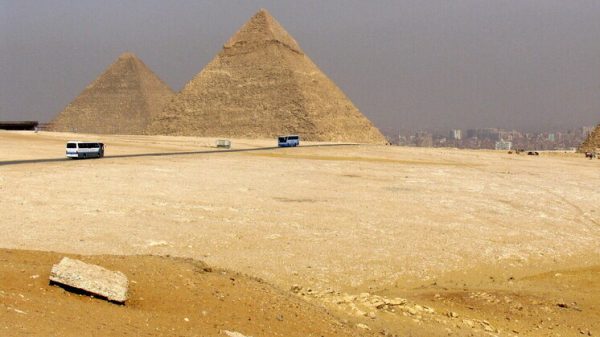















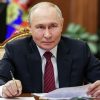

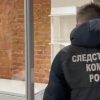








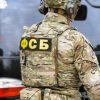







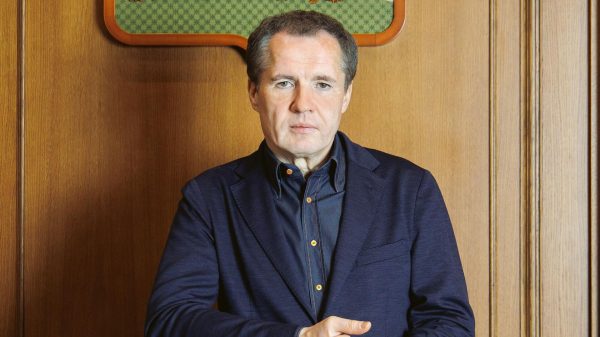

Свежие комментарии